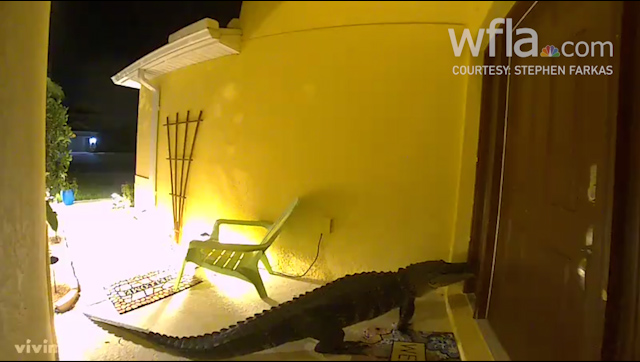PORT RICHEY, Fla. (WFLA) – Residents in Cranes Roost are fuming after receiving certified letters from Pasco County saying their roads are in “very poor” condition and that they need to be repaved.
That’s because even though the roads are owned by the county, residents would get the bills, estimated between $6,100 and $7,000 a household.
“If we had horrible roads, I’d say, ok let’s do it, but my road is fine, and it’s a dead end, nobody goes down there except local people, family friends, and service trucks,” said Laura Slane. “So I don’t understand why it’s so imperative that we have this done.”
It’s not just Cranes Roost. Our Better Call Behnken investigation uncovered homeowners in the struggling community of Lacoochee with paving bills as high as $20,000.
It’s all part of Pasco’s PVAS program. Instead of paving roads through property taxes, Pasco County directly charges homeowners along the street. Some are questioning this system and say it’s time for the county to pay for paving through property taxes, like other Tampa Bay governments do.
“I didn’t even know that Pasco County has this type of authority that they can just go ahead a assess their homeowners to pay for projects…that we don’t want,” said Donna Java, who has lived in the neighborhood for more than 20 years.
Residents point out two potholes on one street but say the potholes could just be patched instead on repaving the entire neighborhood.
The main subdivision road, Cranes Roost Drive, was paved with what county officials say was a temporary sealant several years ago after it was damaged during Hurricane Irma. Residents say the road is just fine the way it was.
The county commission has already approved 17 paving projects for this fiscal year and 11 await board approval. As for Cranes Roost, residents are planning to attend a virtual meeting next week to try to convince commissioners to vote against this project.
The PVAS program typically requires at least 50 percent of homeowners approve of the project before the paving can begin.
Letters sent to residents state failure to pay could result in loss of the property. That’s because these bills are attached to property taxes and failure to pay your taxes could result in a tax deed sale.

